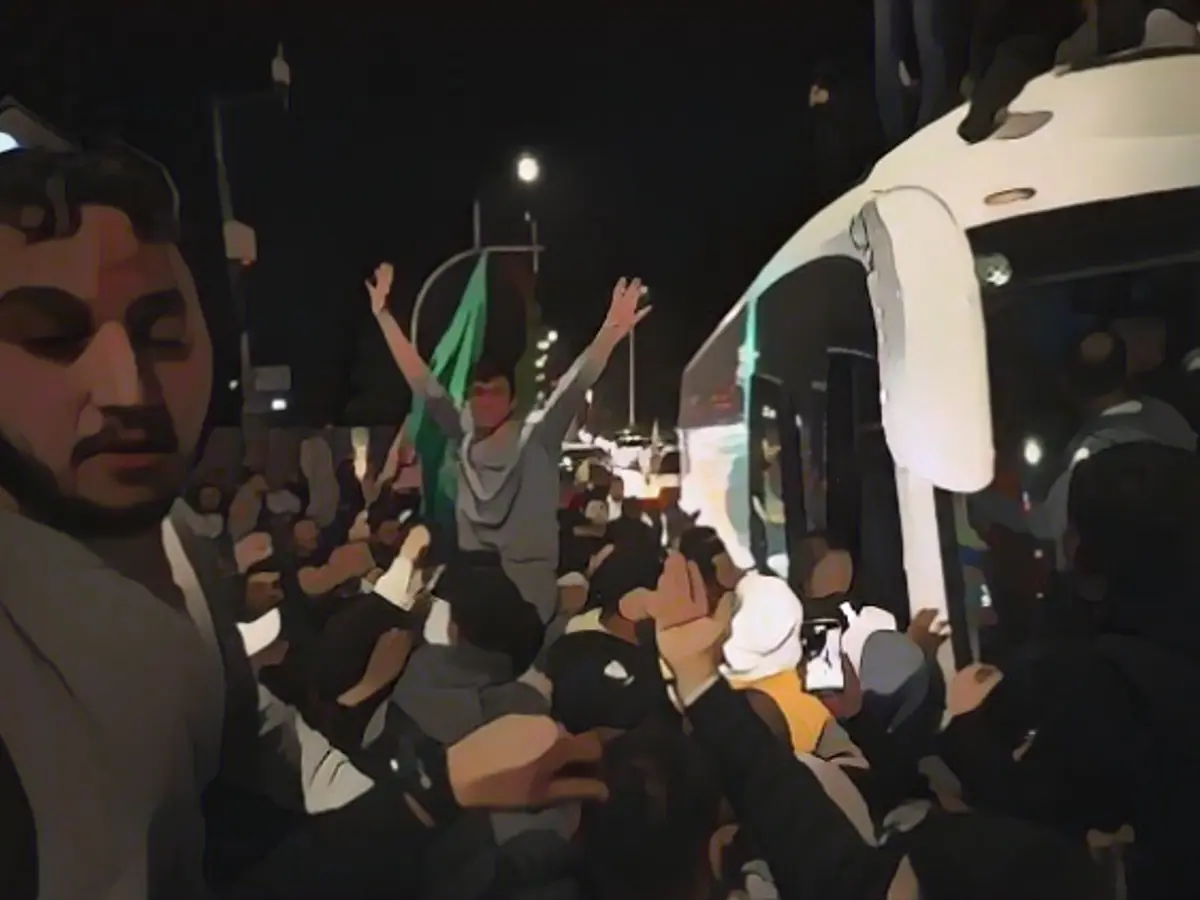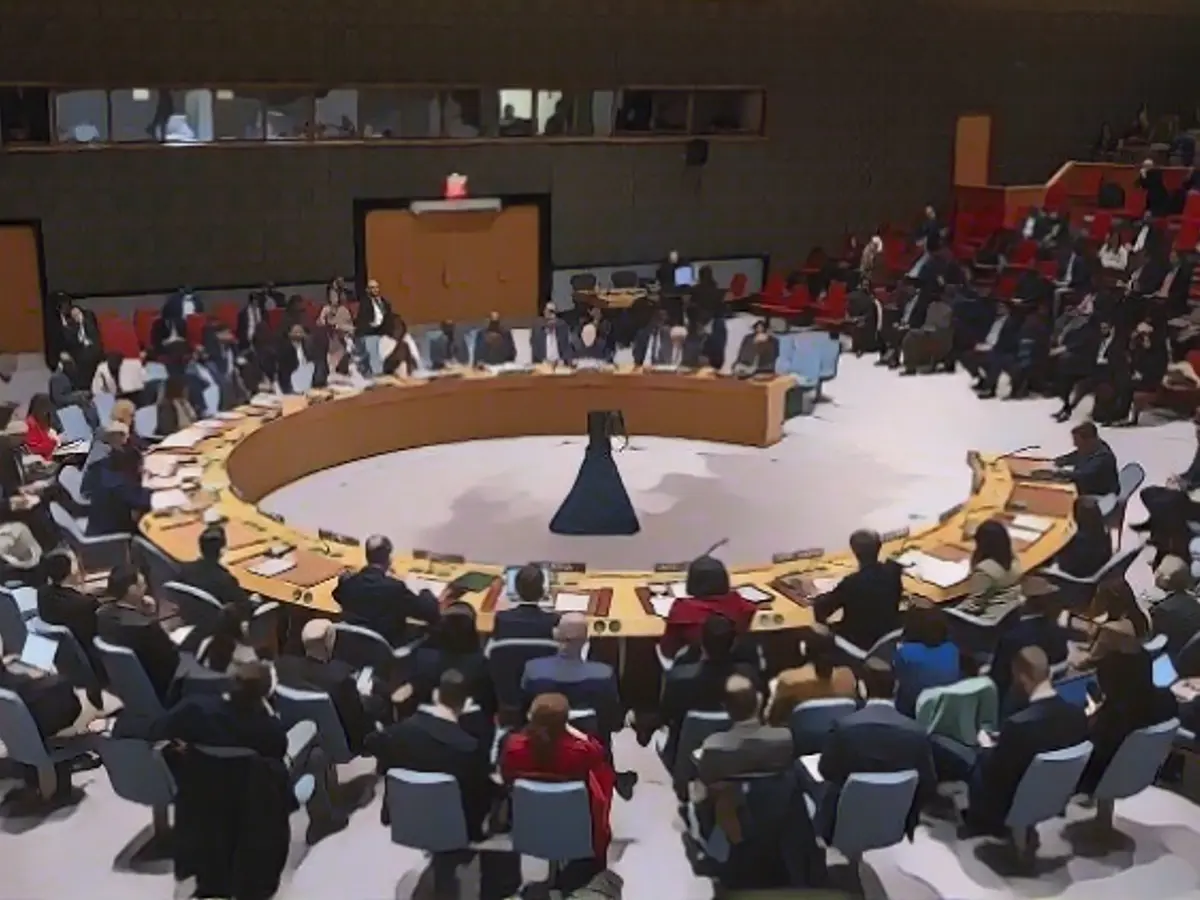Title: Unwilling Release of Palestinian Prisoners Sparks Controversy
During a ceasefire, 80 Israeli hostages were exchanged for 240 Palestinian prisoners. This surprising turn of events led to an unexpected complication: 14 Palestinian women, all Israeli citizens, were released against their will. Their lawyers claim that they have no desire to associate themselves with Hamas, the terrorist organization that orchestrated their release.
The ceasefire saw a total of 105 hostages freed, including 80 Israelis, who were exchanged for the Palestinian prisoners. The swap was facilitated by Qatar, Egypt, and the United States. Apart from these negotiations, Hamas also let go of 23 Thais, a Filipino, and an individual with dual Russian-Israeli citizenship. Regrettably, 138 abductees remain in Hamas' custody, an organization responsible for the deaths of over 1,200 individuals during its 7 October attack on Israel.
Tainted by Association
The released women are mainly minors and women, who are now grappling with the stigma of being connected to Hamas, an organization widely vilified in Israel. Some of these women fear being attacked on the streets and have already faced threats. One woman, studying computer science, was expelled from her university because of her alleged association with the terrorist group.
According to one of the women and three of her lawyers, the Israeli government did not consult with her or her legal representatives about her inclusion in the deal with Hamas. Moreover, when her lawyers requested that she be excluded from the agreement, the Israeli government failed to respond.
Freedom of Expression at Stake
Perhaps one of the most contentious aspects of this story is the freedom of expression denial to these women. One woman was arrested for sharing a joke on the internet that some considered mildly condoning Hamas. Another woman posted a photo of Palestinians entering Israel from Gaza via a breach in the border fence, with the caption, "While the invincible army is sleeping."
Lawyer Nareman Shehadeh Zoabi from the Palestinian-Israeli civil rights organization Adalah argued that her client's actions were within her rights of freedom of expression. Israeli-Arab lawyer Ahmad Massalha, representing one of the women, told the New York Times, "Being linked to Hamas is worse than any punishment a court could impose."
Additional Insights
- Conditions of captivity for the hostages were harsh, often involving crowded spaces with minimal electricity, poor food portions, forced viewing of terrorist attack footage, and reported cases of sexual assault and torture.
- Several hostages suffered severe health issues, such as heart problems and malnutrition, during their captivity.
- The psychological toll on hostages was significant, with many reporting fear, uncertainty, and hardship.








